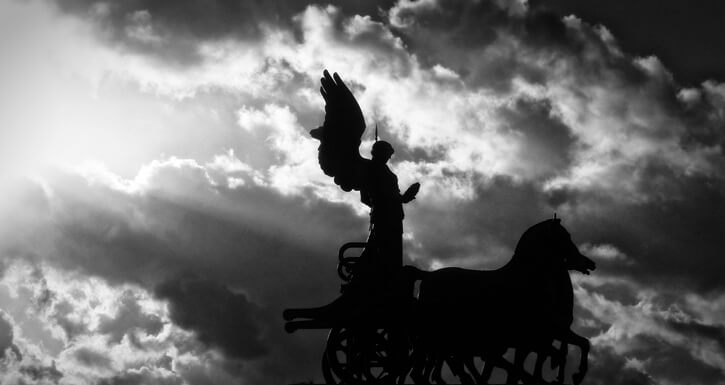
Mythology in its various forms—scripture, legend, and folktale—is nothing less than the record of the thinking—desires, fears, and aspirations--underlying the achievements of the ancient Greeks and Romans. The tale of the Trojan War, told in Homer’s monumental epics the Iliad and Odyssey, places the beginnings of classical storytelling in the Greek Bronze Age. The Twelve Labors of Hercules recount the outsized conquests of a career marked by savagery as well as heroism as we now understand it. The Voyage of the Argo in quest of the Golden Fleece brings into play the witch Medea who, with Helen of Troy, Ariadne, Clytemnestra, Phaedra, Dido, and many others, illustrates the central roles of women in mythical narratives. The great dramas of the Athenian tragedians Aeschylus, Sophocles, and Euripides retell the tales of the Bronze Age for contemporary audiences in Greece’s greatest city hundreds of years later. When still later, under the first emperor Augustus, Rome in Italy aspires to place its creation within the larger context of Greek mythical traditions, Vergil’s hero Aeneas launches his Homeric epic career by escaping the ruins of Troy, then indulging in a romantic escapade with Queen Dido in African Carthage, before arriving in Italy, defeating an adversary, and setting in motion the foundation of the city (and eventually the empire) of Rome by Romulus and Remus. Myth, in sum, provides the intentional heroic subtext of the historical narratives of the creation, growth, and eventual triumphs of the two great Classical civilizations.
Related Faculty
- Carrie L. Sulosky Weaver
- Christian Wildberg
- Ellen Cole Lee
- Joshua Cannon
- Maggie Beeler
- Marcie Persyn
- Nicholas F. Jones
- Wesley B. Scott
